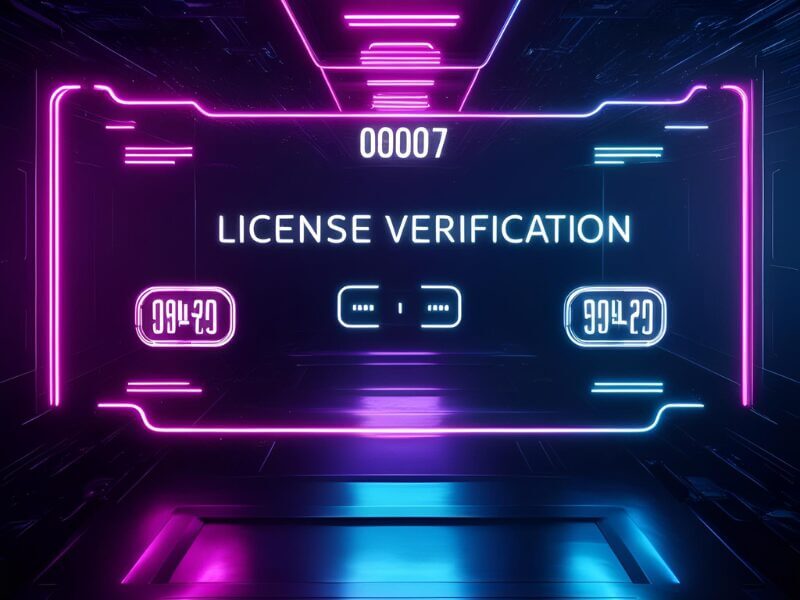Addressing Employee Concerns: Strategies for Handling Reports Received Through Ethics Hotlines


In today’s work environment, a strong ethical culture is something you and your organization should implement from the get-go. If you want to stay compliant and build trust with your entire team, an ethics hotline is one of the best solutions.
It’s a confidential system where your employees can safely voice their concerns without worrying about retaliation. As more companies realize the value of these hotlines, you will need to have transparency and confidentiality strategies in place to handle reports successfully.
Why Ethics Hotlines Matter
Ethics hotlines have become important control tools that connect your employees with management. They provide a safe space for your team to report any unethical behavior, compliance violations, or workplace issues. While the Sarbanes-Oxley Act of 2002 requires organizations to have such mechanisms, the benefits go beyond just ticking a legal box. Ethics hotlines will send a clear message that your company is serious about maintaining a strong ethical culture. One important outcome is that you will be able to identify potential issues before they become bigger problems.
Build a Strong Ethical Foundation
Effectively handling hotline reports starts long before the first call comes in. The key is to build a strong ethical foundation within your organization. This means creating an environment where employees feel supported in raising concerns. Leadership is crucial here—by modeling ethical behavior and being transparent, your team leaders or managers set the tone for the rest of the team.
Training is also a big part of this foundation. Employees need to understand the importance of ethics, how the hotline works, and how to use it. They should also know that their reports will be taken seriously and handled appropriately, with protections like anonymity and anti-retaliation policies in place. When employees know their concerns will be addressed, they’re more likely to use the hotline, which contributes to a healthier workplace culture.
How to Handle Hotline Reports Effectively
When a report is made, the way your organization handles it will matter a lot especially in the outcome of the issue and the overall perception of the hotline’s effectiveness. Here are some strategies to keep in mind:
1. Offer Multiple Reporting Options
It’s important to give employees several ways to report their concerns—whether it’s through an online form, a phone line, or even in person. Your employees can choose the method they’re most comfortable with, which can lead to more reports and quicker identification of issues.
2. Use Data to Guide Your Response
Data is incredibly useful when it comes to managing and responding to ethics hotline reports. You get to analyze the types of reports you receive, how often they come in, and how they’re resolved. This data-driven approach will help the decision-makers in your business to respond in a timely manner and to develop better preventive measures. For example, if a particular department consistently has a high number of reports, it might be time to provide additional training or oversight.
3. Assign Dedicated Managers
It’s essential to have specific people or teams responsible for receiving and responding to hotline reports. These managers should be well-trained in both the technical aspects of compliance and the interpersonal skills needed to handle sensitive situations. Having dedicated personnel will show your entire team that there’s accountability throughout the process.
4. Maintain Confidentiality While Being Transparent
Confidentiality is a key concern for employees using an ethics hotline, but it’s important to balance this with transparency in the investigation process. While protecting the identities of those involved—especially the whistleblowers—is the foremost aspect, being transparent about the progress and outcomes of investigations can help build trust in the system. Clear communication with the employee who made the report, even if it’s just to acknowledge receipt and outline the next steps, will matter.
5. Implement a Strong Case Management Process
A well-organized case management system is critical for tracking the progress of each report from start to finish. This system should include detailed documentation of every step, from interviews conducted to evidence gathered and decisions made. Proper case management helps resolve issues efficiently and provides a clear record in case of future disputes or regulatory reviews.
6. Keep an Eye Out for Retaliation
One of the biggest risks for employees who report concerns is retaliation. We recommend that you have strong anti-retaliation policies in place and actively monitor for any signs of possible retaliation. There are several ways to go about this: conduct follow-up surveys with the reporting employee, or monitor any changes in their job performance evaluations, or any changes in their work assignments. Making sure employees feel safe when reporting issues will count a lot for the long-term success of the hotline.
Staying Compliant with Industry Regulations
Every industry has its own set of regulations, and it’s important to understand these when handling ethics hotline reports. Different industries have different requirements for protecting whistleblowers, maintaining report confidentiality, and responding in a timely manner.
- The healthcare industry, which often deals with highly sensitive patient information, has strict guidelines about confidentiality and data handling. Ethics in healthcare is paramount when it comes to compliance and regulations.
- Financial institutions must follow stringent anti-fraud and anti-money laundering regulations. Adhering to these regulations is key to avoiding legal trouble and ensuring the hotline functions effectively.
The Importance of Continual Improvement
Managing an ethics hotline isn’t a one-and-done task. It’s an ongoing process that will entail a whole set of procedures and many regular reviews and updates. As your organization grows and evolves, so should your approach to handling employee concerns. Regular audits of the hotline process, updates to training programs, and the use of new technologies can help keep the system effective and trusted by employees.
In the end, the success of an ethics hotline depends on your organization’s commitment to fostering an ethical culture, providing strong support for those who report concerns, and continuously improving the processes. By focusing on these areas, you can build trust, enhance compliance, and create a more positive workplace for everyone involved.





































